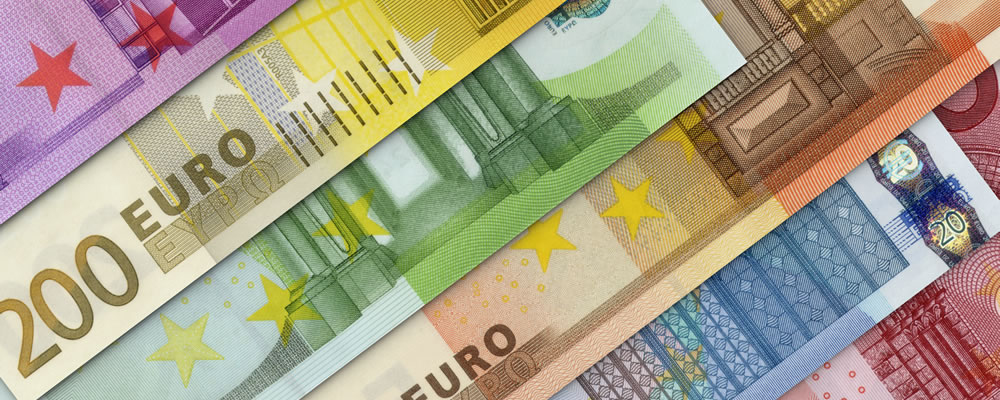- German trade surplus narrowed further than anticipated – Euro weakened as signs of slowdown in the Eurozone’s powerhouse economy mounted
- UK consumer confidence slumped in wake of Brexit vote – Outlook for domestic economy less than encouraging
- Pound boosted after UK trade figures better expectations – Confidence strengthened as trade deficit lower than forecast
- EUR GBP exchange rate forecast to strengthen ahead of BoE rate decision – Markets expect policymakers to cut interest rates to new low
Ahead of the weekend the EUR GBP exchange rate slumped as disappointing German trade figures contrasted with a better-than-expected UK trade deficit.
Euro (EUR) Exchange Rate Softened by Disappointing German Data
Confidence in the Euro (EUR) took another battering on Friday, with German ecostats continuing to disappoint. Following on from unexpectedly weak Industrial Production figures, the May trade data proved discouraging, adding to evidence that the Eurozone’s powerhouse economy had been slowing even before Brexit fears hit markets. While investors had anticipated a narrowing of the trade surplus the actual drop from 25.7 billion to 21.0 billion was substantially worse-than-expected, dragged down by a shocking -1.8% contraction in exports.
Demand for the single currency remained softened in the wake of the US Non-Farm Payrolls report for June, which showed a surprisingly strong rebound in employment growth. While the disappointing headline figure for May was also revised down to just 11,000 this was outweighed by the bullish increase of 287,000. Although this is unlikely to spur the Federal Reserve into raising interest rates in the near future the result nevertheless boosted confidence in the US economy, weighing on the Euro.
Widened UK Trade Deficit Failed to Dent Pound (GBP) Bullishness
In one of the first pieces of post-Brexit UK data the latest GFK Consumer Confidence Index offered little cause for optimism. While the split in opinion amongst ‘Leave’ and ‘Remain’ voters somewhat tempered the result, the measure nevertheless saw a sharp decline from -1 to -9 in the aftermath of the referendum. This is likely to have a negative impact on the domestic economy, with weaker sentiment expected to result in lower consumer spending and thus contribute to a slowing in economic activity.
However, the appeal of the Pound (GBP) improved ahead of the weekend thanks to stronger-than-expected May trade data. As researchers at TDS noted:
‘Trade data for May showed continued deterioration in the trade balances, though previous months were revised somewhat higher so the starting point was better. Despite the monthly volatility, today’s report leaves trade on track to contribute to GDP growth in Q2, again reinforcing the message that the underlying economy was doing a bit better than expected heading into the referendum.’
Even though these figures were rather less fresh that didn’t stop markets from reacting bullishly, pushing Sterling higher against many of its rivals. Investors remained in the mood for consolidation, with a lack of further Brexit-based developments providing a good incentive to buy back into the weakened currency.
EUR GBP Exchange Rate Forecast: BoE Interest Rate Speculation to Weigh on Pound
Data for both the Eurozone and the UK will be limited in the earlier half of the week, leaving the EUR GBP exchange rate largely dependent on political and wider market developments. The ongoing Conservative leadership contest could influence investors, with a lack of certainty likely to remain a downside pressure on the Pound. Conversely, any further suggestions of problems within the Italian banking sector could weigh on the single currency over the coming days.
Later in the week the Bank of England (BoE) policy meeting will be the primary concern of investors, with expectations pointing towards an interest rate cut. If policymakers hold their nerve, however, the Pound could make some bullish gains as this would suggest greater confidence in the domestic economy. Should rates be cut to 0.25% – or even 0.00% – then the EUR GBP exchange rate is likely to strengthen substantially.



